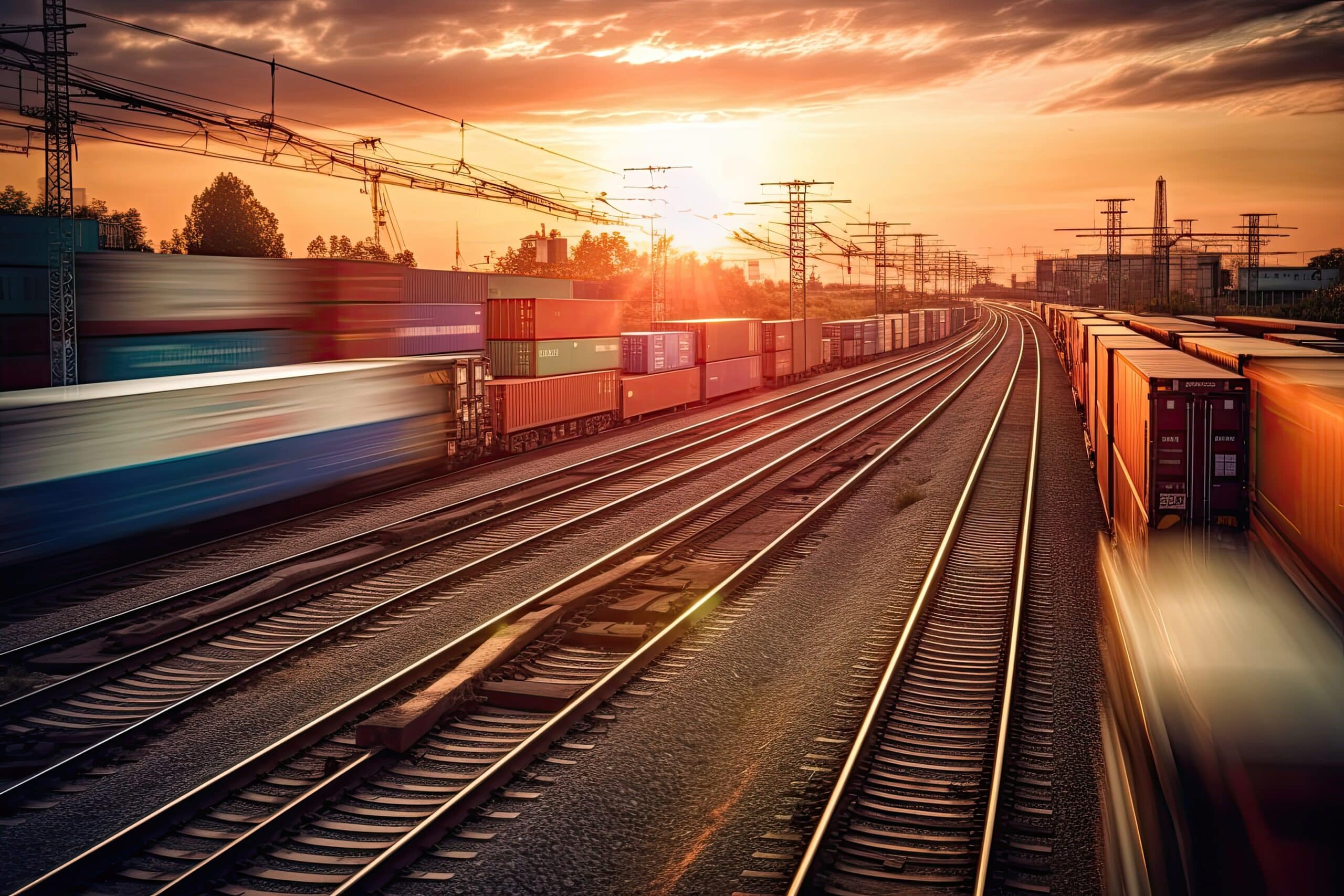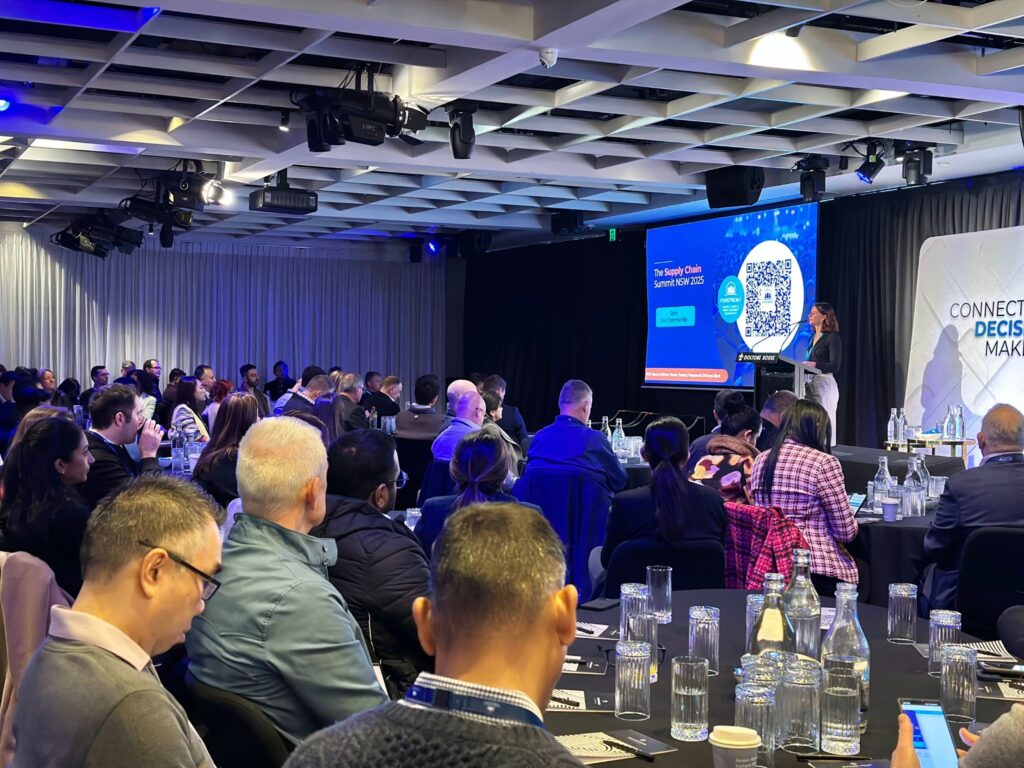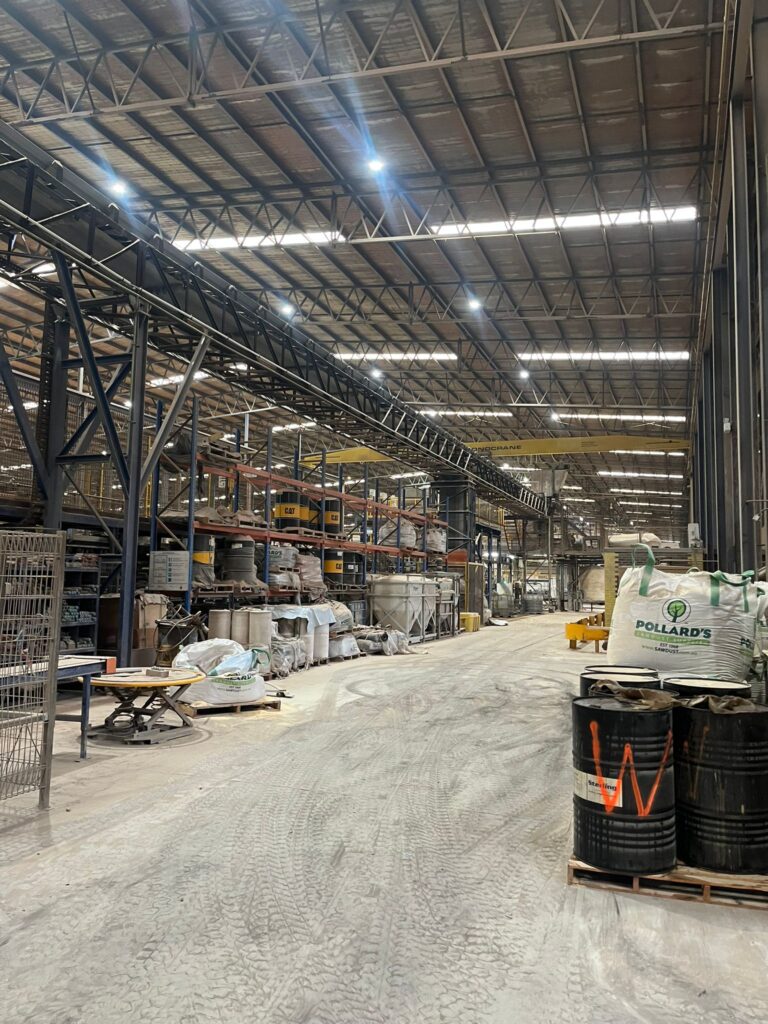New Zealanders are at a crossroads. Surely it is now apparent that continuing to do what we always did will not cut it in the next twenty years? Last month I shared that Ireland (once comparable to NZ) is now almost twice as productive as we are, whereas we now find ourselves in the bottom half of the OECD with our quality of life heading the wrong way.
Just look at our nearest neighbour who can recruit our best and brightest, pay wages which match employee’s worth, and provide better work conditions and futures. How can this be? What are they doing differently? Why is their economy vibrant, enabling them to continue to recruit, attract, reward, and grow talent?
We are now struggling to pay nurses, teachers, police officers and defence force the sustainable wages which encourage them to continue in the vital roles we need. Our infrastructure is not meeting the climate change challenge and we have major investments to make to future proof the country and help the global drive to curb the impacts of climate change.
We have done many of the things that advanced economies have done to provide the environment to meet these challenges, including regulatory, taxation (still a work in progress, I note), committees, working groups and suchlike, yet we have not embraced the approaches larger more competitive economies have.
The lower levels of competition due to distance, market size and cost to serve have been a barrier to entry, but since Covid this has changed. So, if we want to achieve the sustainable growing economy we need, then we must be internationally competitive. This means being world class. It means adopting proven best practices and relentlessly improving.
What would it mean for your business to be able to double your output with the same overhead cost? What would this do for profitability and business value? What would happen if you had the ability to add new services or products and grow? And with a broader lens, what would this do for the national economy?
Imagine if we had 10 F&P’s or 100! We could sustainably pay the rates needed, generate enough tax and reduce our debt, invest in infrastructure and secure our futures.
Further taxing unproductive businesses through imposed holiday rules, minimum wages, levies and suchlike only accelerates their decline, leads to failures (as we are starting to see, especially in construction), reduces available jobs (also seeing job availability at a very low level and reducing), leads to unemployment, higher social costs and therefore a higher need to fund…this is a cycle of despair and economic folly.
The imperative is to support our business leaders to be internationally competitive through the adoption of proven methods and practices, supported by enablement (where applicable) with a goal to drive high quality high paid jobs.
So why do so few leaders know what these practices are? Even in large corporations there is a dearth of thorough understanding and little sustained adoption. I’ve found pockets of excellence, but the uptake is too slow.
It is interesting that construction companies who had not embraced best practice approaches when asked how good they thought they were, 55% thought they were highly efficient.
For those who had been in a company actively embracing this approach, 62% recognised they were highly inefficient.
This speaks to the lack of understanding and awareness….and the lost opportunity, as the drive to improve anything is very low when you believe you are the best at it – after all we don’t know what we don’t know.
This is the same mindset the US auto industry had in the 1970’s regarding Japanese cars. They believed they were the best, had nothing to worry about. They have spent the last fifty years trying to catch up, with two of the big three declaring chapter 11 bankruptcy in 2009.
Let’s not repeat history, let’s build our understanding and knowledge to we can double and triple our performance. The time is now.







